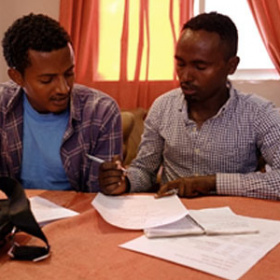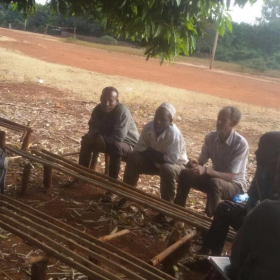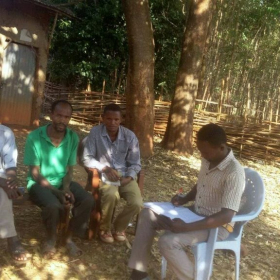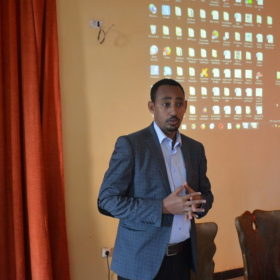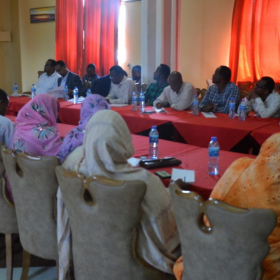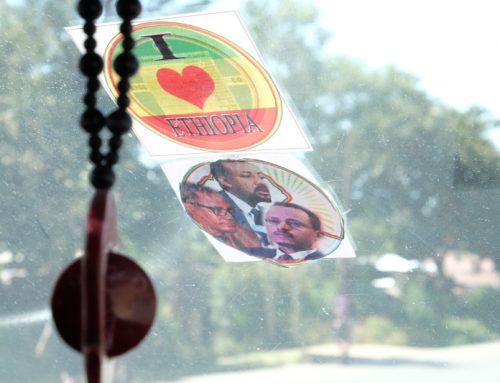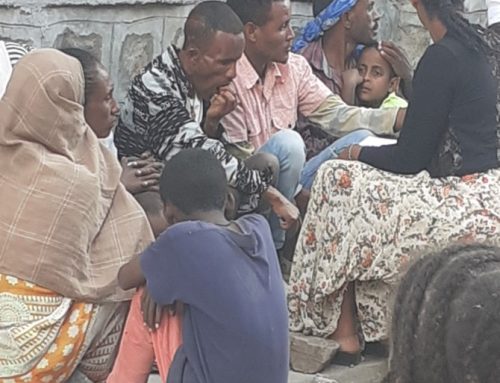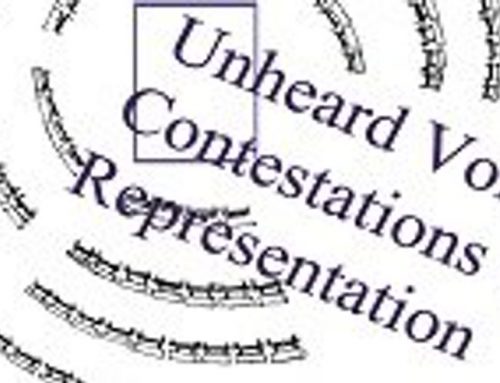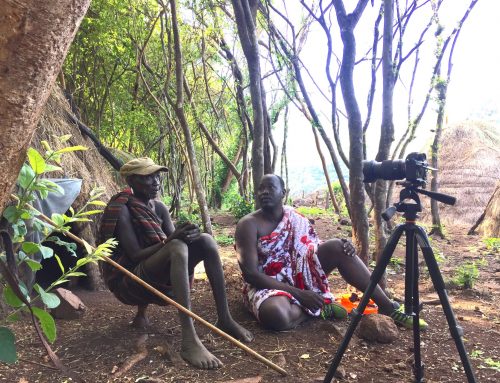Tsegaye Birhanu and Eyob Senbeta
Parliament is often considered a critical bastion of democracy. But in multi-ethnic, -religious, and -cultural societies, it can also serve as a site of contested representation and even exclusion. Since the advent of ethnic federalism in Ethiopia, a variety of indigenous and non-indigenous groups compete to be represented in regional Parliaments. This project explores the changing composition of ethnic and gendered representation over time in one such region – Benishangul Gumuz – and asks: How does their political exclusion affect people’s relationship with, and trust in, elected parliamentarians? What kinds of parliamentary oversight are available to enable and ensure the voices of the dispossessed are heard and factored into policy-making processes? And to what extent does political exclusion in Benishangul Gumuz align with broader social attitudes regarding women and indigenous peoples?
In the Ethiopian context the role of regional parliaments in building democracy, the nature of political representation and/or exclusion, as well as the nature of the relationship between the representatives and their constituents is not well studied. Tsegaye Birhanu and Eyob Senbeta seek to fill this knowledge gap, and thereby contribute to inquiry, scrutiny, and debate about the future of the country’s democracy. Combining their respective backgrounds in political science and in media and communication, they apply a mixed-methods approach in conducting research amongst former and current Parliamentarians in the Benishangul Gumuz Regional Council, former and current standing committee members, parliamentary experts, and representatives of the region’s various communities.
“The crux of the issue” explains Tsegaye, “is that indigenous groups want to preserve their right to self-rule, as provided under federalism, leaving non-indigenous ethnic groups to experience a sense of marginalization and under- representation. These contending struggles have caused mistrust, ethnic rivalry, and violent conflict in Benishangul Gumuz region, resulting in the internal displacement of thousands of people. It presents a serious challenge to regional – and more broadly, national – governance.”
Tsegaye and Eyob have presented on changes, continuities, conflicts, and challenges around political representation in Benshangul Gumuz at conferences and seminars across Ethiopia, and in the UK, including at SOAS University of London. They have presented in English at Hawassa University and given an Amharic-language presentation at a workshop in Assosa which brought together parliamentarians and scholars to discuss the findings of Tsegaye and Eyob’s project.
About the research team
Principal Investigator Tsegaye Birhanu joined Assosa University in December 2013 as a lecturer of Political Science in the College of Social Sciences and Humanities. He graduated with a Bachelor of Arts in 2010 and Masters of Arts in 2017 from the Department of Political Science and International Relations, Addis Ababa University. Since completing the P4P Grant project, Tsegaye has won a Swedish Institute Scholarship (fully-funded) to pursue a Masters Degree in Peace and Development Work, at Linnaeus University, Sweden. Follow Tsegaye on Twitter: @TsegayeBirhanu.
Co-Investigator Eyob Senbeta is a lecturer of Media and Communications in the College of Social Sciences and Humanities, Assosa University. He graduated with a Bachelor of Arts degree in English Language and Literature in 2010, and with a Masters Degree in Arts in Media and Communication in 2017. Eyob has worked as a radio and television news program producer; and he also served as an elected representative on the Assosa town council. Follow Eyob on Twitter @eyobsenbeta.

